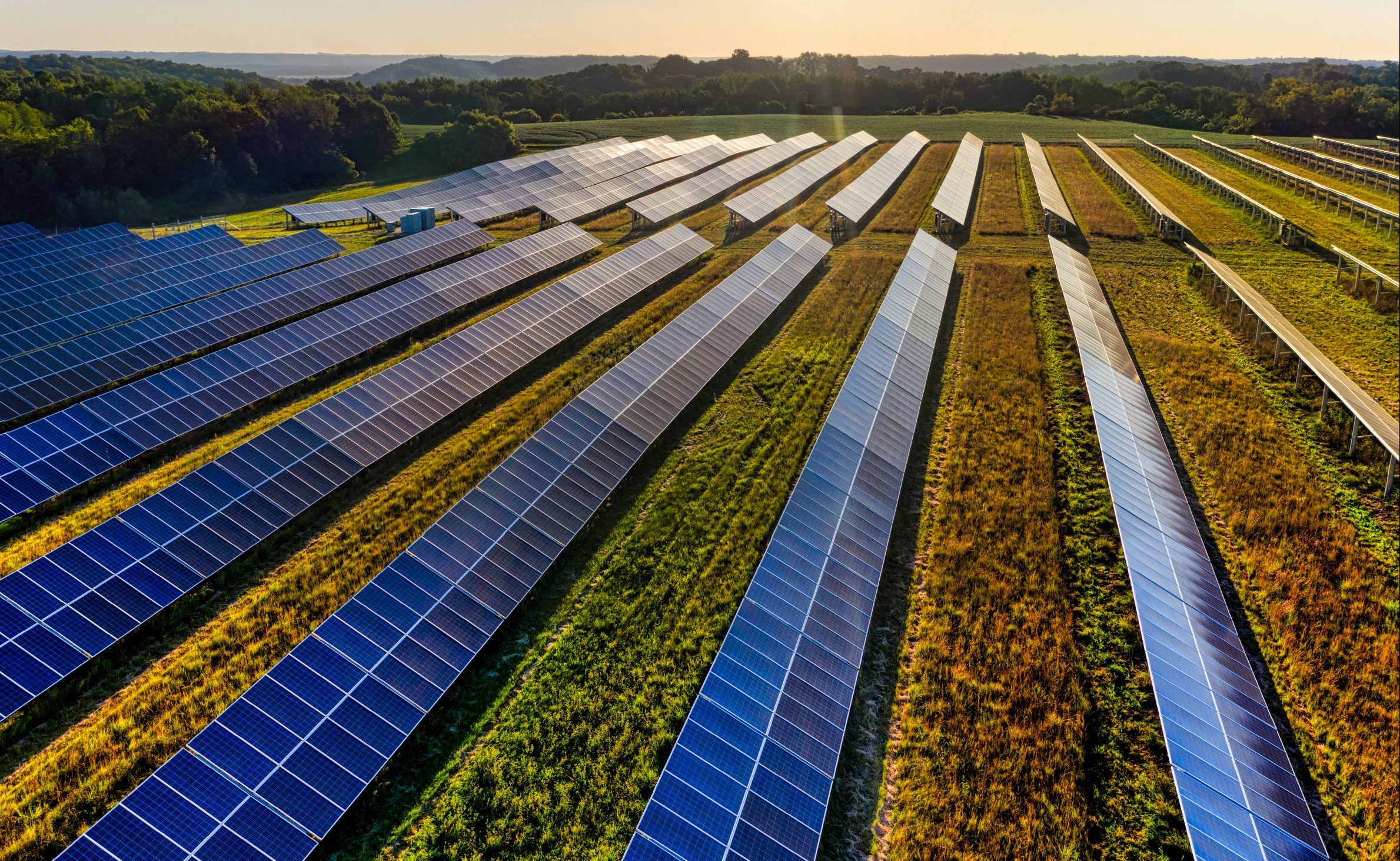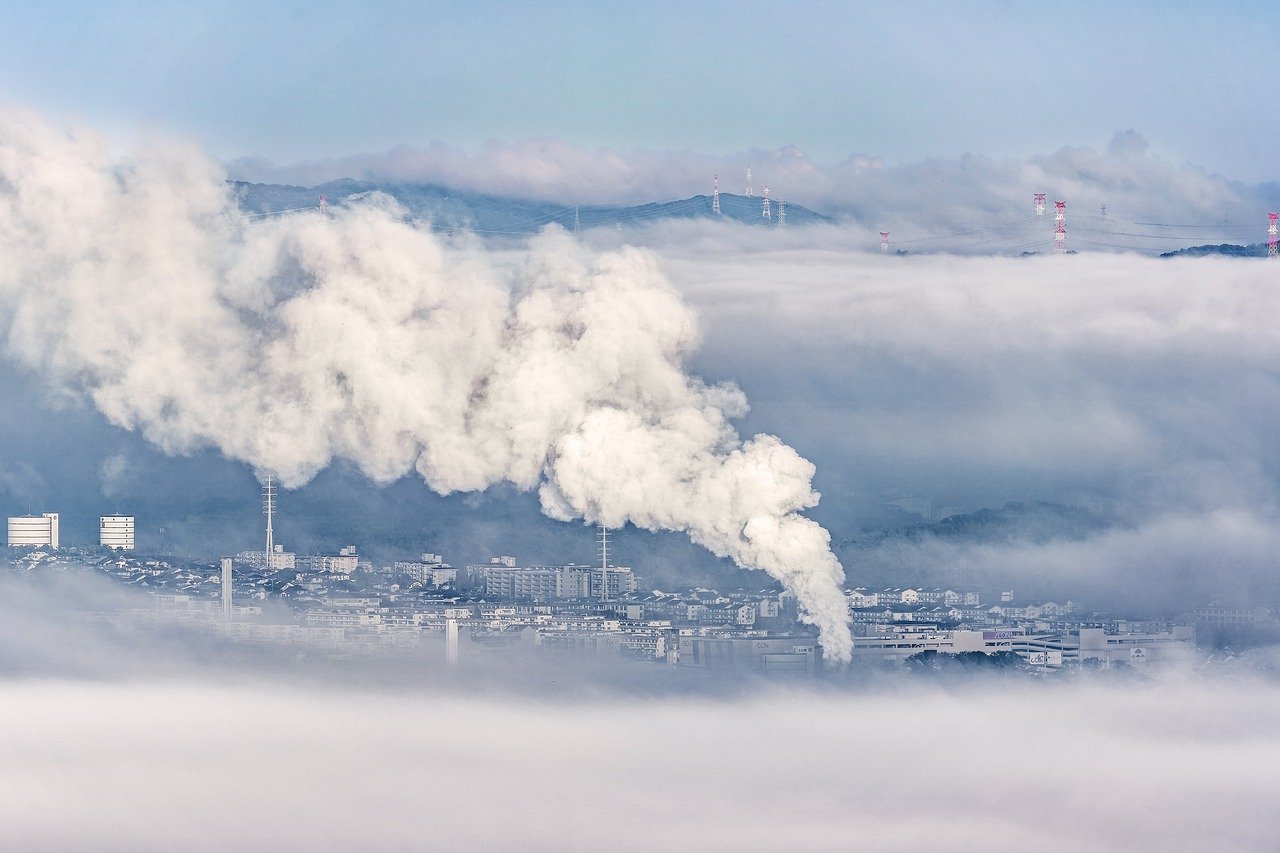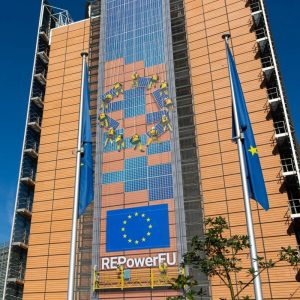
Climate change is a huge challenge, and solar energy is an opportunity to keep the planet liveable for future generations.Continue reading

The government has recently submitted proposals to Brussels for domestic policy measures and sectoral developments for the next decade. The planned measures and investments can significantly contribute to strengthening the country’s energy independence, the expansion of renewable energy sources, and climate neutrality, the Ministry of Energy outlined in a press release.
The ministry revealed that the revised version of the National Energy and Climate Plan (NECP) sets higher targets than before, for instance in emission reduction or the share of renewables. Achieving those ambitions could be greatly facilitated by the investments proposed in the energy chapter of the REPowerEU Recovery and Resilience Plan.
The revised National Energy and Climate Plan focuses on strengthening Hungary’s energy independence in a dramatically changed international environment.
According to the ministry, increasing energy sovereignty and reducing import dependence is not only a policy priority, but also a national security issue. Energy independence can be strengthened by implementing a diverse technology “mixture,” increasing the use of domestic alternative energy sources and improving energy efficiency, the Ministry of Energy noted.
In order to achieve climate neutrality, Hungary plans to reduce its gross greenhouse gas emissions by at least 50 percent by 2030, compared to 1990, instead of the current 40 percent.
As an energy efficiency target, Hungary’s final energy consumption must be below the previously set ceiling of 785 PJ (petajoules), with a maximum of 750 PJ by 2030. The revised NECP aims to increase the share of renewables to 29 percent from the current 21 percent. Solar energy will continue to be the largest contributor to this expansion, with total installed capacity set to double to 12 gigawatts by 2030. By taking advantage of the favorable domestic conditions, weather-independent renewables, in particular geothermal energy, should gain ground, the ministry explained.
Following the feedback from Brussels, the updated National Energy and Climate Plan should be formally submitted to the European Commission by the end of June 2024.

Photo: LinkedIn/European Commission
The REPowerEU chapter also outlines strategic, regulatory, and development plans worth more than HUF 2,300 billion (EUR 5.96 billion) to strengthen energy sovereignty and balance energy transition. The Ministry of Energy will take measures to expand energy communities, promote energy storage, and increase the use of biogas and biomethane, among others.
In addition to regulatory instruments, development support could also stimulate the domestic use of geothermal heat and hydrogen. Among the investments, the largest amount of resources will be devoted to modernizing the electricity grid, expanding capacity, and improving operational reliability. The green economy can contribute to the realization of energy-climate and growth-competitiveness ambitions by creating manufacturing capacity, using clean technologies, and retraining professionals.
Featured image: Pixabay